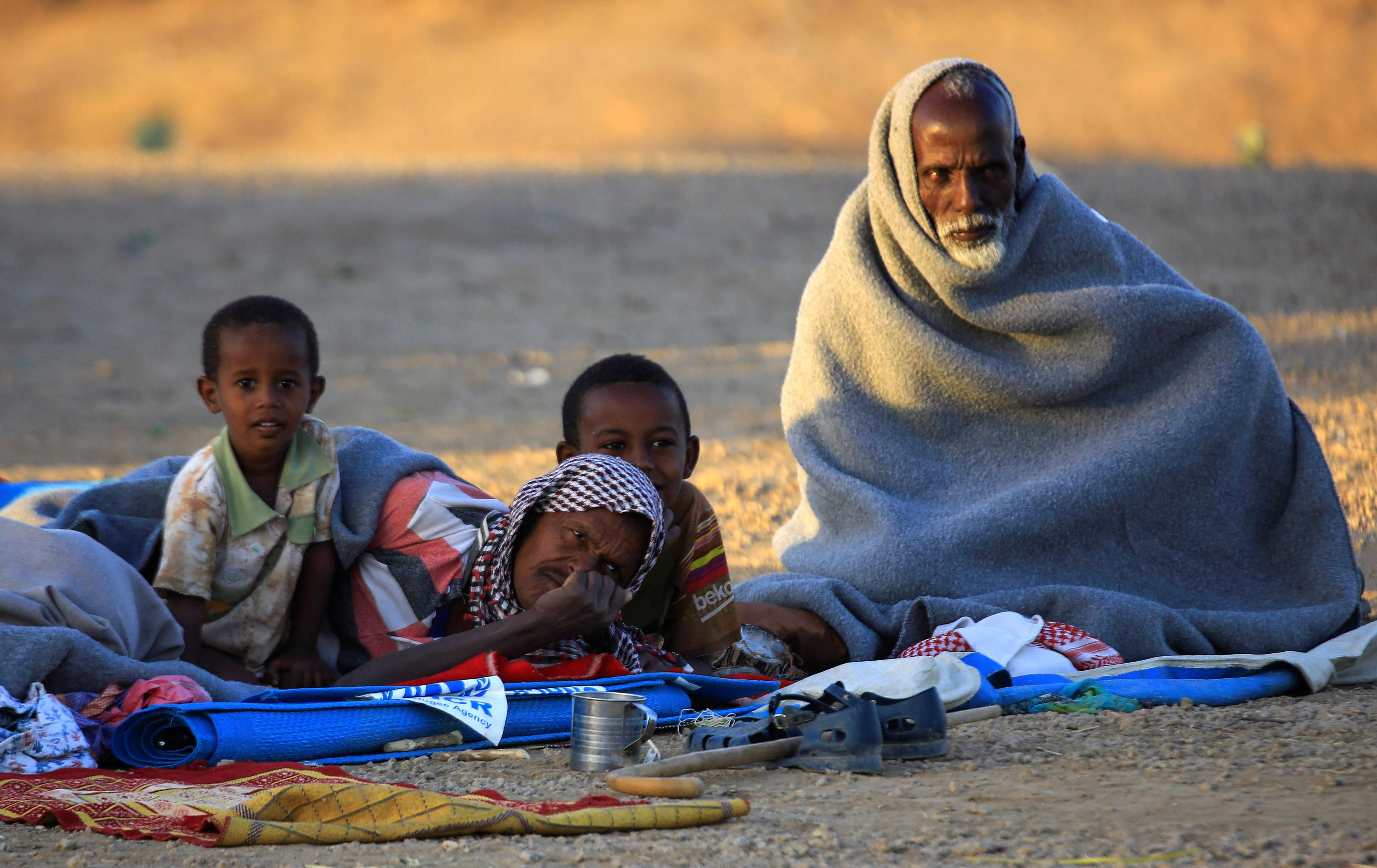News
January 06, 2021
2.2 million: Around 2.2 million people have been displaced by the ongoing conflict in Ethiopia's Tigray region since the fighting began two months ago, more than double the previous estimate, according to the local government. Addis Ababa claimed the new figure is exaggerated, but admitted the number of refugees is probably higher than the current official tally of 100,000.
18,000: The tiny Pacific island nation of Palau — which has not officially registered a single case of coronavirus — aims to become the first country in the world to vaccinate its entire population (roughly 18,000 people) thanks to Operation Warp Speed. Palau is independent but has a "free association" agreement with the US, which allowed it to benefit from the US government program to roll out COVID-19 vaccines.
4.4 million: A court in El Salvador has ordered former President Tony Saca to repay $4.4 million that he stole from the government when he was head of state. Still, that's a drop in the bucket for Saca, who is already serving a 10-year jail term for corruption and is on the hook for almost $300 million he pilfered from the coffers of one of the poorest countries in Latin America.
8: The Trump administration has banned 8 Chinese digital payment apps — including those owned by Ant Group and Tencent, two of China's largest companies — from doing financial transactions in the US. The move could be highly disruptive to businesses in both countries, but it's unclear whether the ban will actually be implemented because the incoming Biden administration may rescind the order before it's due to take effect.More For You
Honduras' new President Nasry Asfura addresses supporters after his swearing-in ceremony, outside the Congress building, in Tegucigalpa, Honduras, January 27, 2026.
REUTERS/Fredy Rodriguez
Conservative businessman Nasry Asfura has taken office as president of Honduras after winning a razor-thin election that his opponent still disputes.
Most Popular
What's Good Wednesdays
What’s Good Wednesdays™, January 28, 2026
Walmart sponsored posts
Walmart’s commitment to US-made products
An employee works on the beverage production line to meet the Spring Festival market demand at Leyuan Health Technology (Huzhou) Co., Ltd. on January 27, 2026 in Huzhou, Zhejiang Province of China.
Photo by Wang Shucheng/VCG
For China, hitting its annual growth target is as much a political victory as an economic one. It is proof that Beijing can weather slowing global demand, a slumping housing sector, and mounting pressure from Washington.
FILE PHOTO: European Commissioner for Trade Maros Sefcovic and India's Trade Minister Piyush Goyal pose after signing an agreement, as European Commission President Ursula von der Leyen, Indian Prime Minister Narendra Modi and European Council President Antonio Costa stand behind them, at the Hyderabad House in New Delhi, India, January 27, 2026.
REUTERS/Altaf Hussain/File Photo
After nearly 20 years of negotiations, the European Union and India struck a trade deal that will slash or remove tariffs from nearly 97% of all EU exports to India, and grant preferential entry to the European market for 99% of Indian products.
© 2025 GZERO Media. All Rights Reserved | A Eurasia Group media company.
